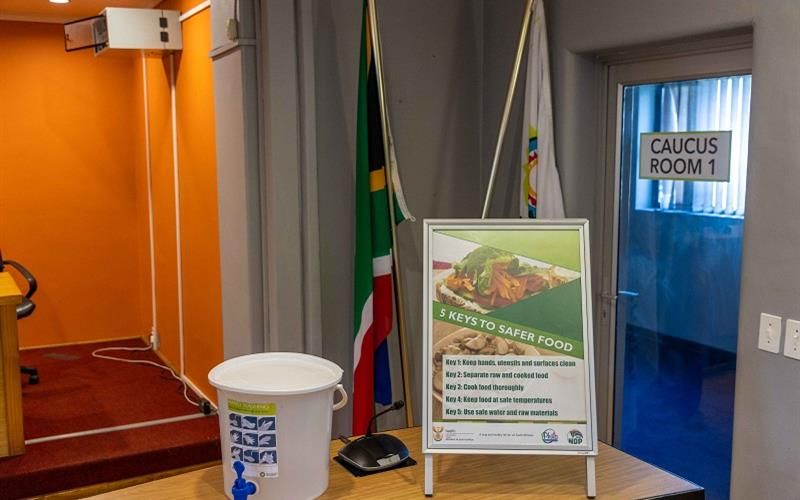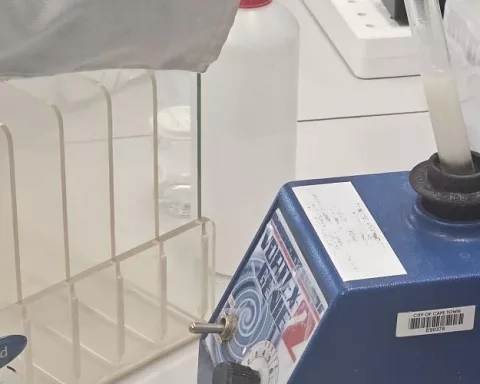Every year, on June 7th, World Food Safety Day serves as a reminder of the importance of food safety awareness and the necessary measures to prevent, detect, and manage foodborne risks and illnesses. In Cape Town, South Africa, Environmental Health is responsible for monitoring and educating the public about food safety.
Understanding Food Safety
Food safety includes the handling, preparation, transportation, and storage of food in a way that minimizes the risk of foodborne illnesses. Compliance with established standards and legislation is critical for maintaining food safety throughout the entire food supply chain.
Effective Food Safety Practices
Effective food safety practices involve proper handling and thorough cooking of food, maintaining correct temperature controls, avoiding cross-contamination by separating raw and cooked food, and using clean, safe water and raw materials to mitigate risks. Additionally, utilizing clean equipment and utensils, practicing proper handwashing, and maintaining good hygiene are essential.
The Importance of Adherence to Safety Measures
Despite the crucial role food plays in our daily lives, many people overlook food safety practices. Producers, retailers, fast food outlets, and households must adhere to rigorous demands to ensure the food they serve is safe for consumption. The ongoing load-shedding crisis in South Africa has created additional challenges, particularly concerning the cold chain and the risk of food spoilage. The recent cholera outbreak in parts of the country has further emphasized the need for vigilance in food handling.
World Health Organization’s Five Keys to Safer Food Practices
Cholera, a disease contracted through the ingestion of water or food contaminated with human feces, can be prevented by adhering to the World Health Organization’s five keys to safer food practices:
- Keep clean: Ensure hands, surfaces, and equipment are clean.
- Separate raw and cooked: Use separate containers, utensils, and equipment for raw and cooked food.
- Cook thoroughly: Cook all foods thoroughly and reheat until piping hot before serving.
- Keep food at safe temperatures: Store and thaw food in the refrigerator.
- Use safe water and raw food: Consume fresh fruit, vegetables, and pasteurized milk.
Environmental Health Practitioners’ Role in Ensuring Food Safety
In Cape Town, Environmental Health Practitioners (EHPs) conduct thousands of inspections at food-related premises every year, enforcing standards to help reduce the risk of foodborne and waterborne illnesses. They also engage in hundreds of educational and awareness outreaches, emphasizing the importance of food safety.
EHPs’ Responsibilities
The role and scope of EHPs in ensuring food safety and standards include:
- Licensing and certification of food premises
- Inspection, monitoring, and auditing of food premises
- Implementation and enforcement of food legislation relating to foodstuffs and hygiene requirements/standards of food premises
- Sampling of various foodstuffs for microbiological and chemical compliance
- Advising, guiding, and training the food industry, retailers, and consumers regarding relevant food legislative requirements
- Acting on foodstuffs-related eventualities, such as recalls and suspected food poisoning cases
- Investigating foodstuffs-related complaints
- Implementing legal action in cases of legislative non-compliance
- Ensuring foodstuffs offered for sale are fit for human consumption and authentic
- Issuing health certifications for export
The dedication and tireless efforts of EHPs significantly contribute to food safety. However, it is essential for everyone to pay attention and implement safety measures in their kitchens. A comprehensive list of food safety tips and managing the impacts of load-shedding is available here.












